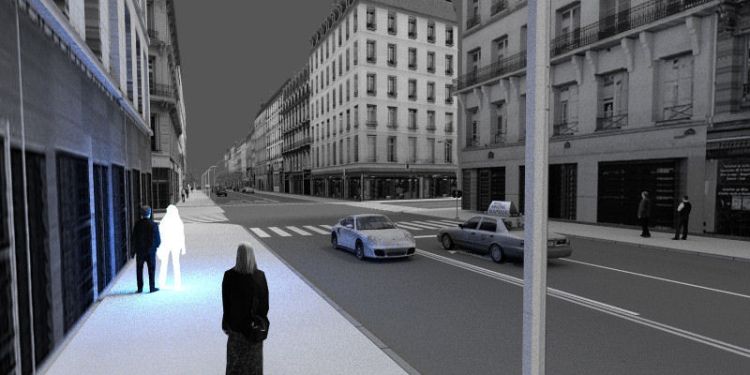Computational Science and Engineering

Our research is centered on the analysis and implementation of fast, efficient, correct, and reliable numerical algorithms for physical problems, simulation, graphics, rendering, animation, and visualisation.
Computational Science and Engineering research at Leeds takes place in two groups:
Our research
Research within the Computational Science and Engineering theme embeds fundamental developments in algorithms and cutting edge computational techniques within an end-user driven framework. Our areas of expertise includes fast and efficient numerical algorithms for partial differential equations (PDEs), computer graphics, as well as scientific and information visualization. Members of the theme also contribute to the School’s research into Applied Computing in Biology, Medicine and Health.
In PDEs we have a long-standing international reputation for work on unstructured mesh adaption and mesh quality. Furthermore, in collaboration with both industrial and academic partners, this research has resulted in computational techniques, and software that has been widely applied in areas such as combustion, lubrication, atmospheric dispersion, river and harbour flows, and many more.
In the field of computer graphics we study optimisation problems in in domains including crowd animation, mechanical mechanisms, and urban environments. We approach these problems with optimisation techniques ranging from deep learning to integer programming.
Our work in scientific visualization, deals largely with numeric data, for example from climate simulation, geophysical surveys or medical scanners. In contrast, our information visualization research is concerned with discrete or symbolic data, for example relational databases, biological networks, or web logs. Recent visualization applications include computational topology, graphical interfaces, including large scale displays for navigating through data, as well as systems and software for exploration and analysis of large datasets.
Scientific computation
In the Scientific Computation group we apply advanced modelling techniques and numerical algorithms to represent and solve complex, real-world problems in industry and nature, with an emphasis on overall performance and efficient scaling when deployed on massively parallel architectures. We collaborate broadly across the University and beyond, with many successful multi-disciplinary projects spanning mechanical engineering to microbiology.
Group members:
- Professor Peter Jimack
- Professor Netta Cohen
- Dr Mark Walkley
- Dr David Head
- Dr Thomas Ranner
- Dr Toni Lassila
- Dr Yongxing Wang
- Dr Mantas Mikaitis
- Dr Massimiliano Fasi
- Dr Timon Gutleb
Visualisation and computer graphics
We study scientific and information visualization, geometry, modelling, and animation. Additional information is available on the Visualisation and computer graphics website.
Group members:
- Professor Roy Ruddle
- Professor Hamish Carr
- Professor Gordon Love
- Dr Ping Lu
- Dr Qian Xie
- Dr Markus Billeter
- Dr Rafael Kuffner dos Anjos
Further information
View all members of our research group and publications.
PhD projects
Find out more about our opportunities for prospective postgraduate researchers.
We look for highly motivated graduates with a good first degree (or Masters) in a mathematical, computational, or engineering discipline, wishing to undertake studies towards a PhD. Informal enquiries can be made to Professor Peter Jimack (scientific computation) and Professor Hamish Carr (visualisation and graphics).

